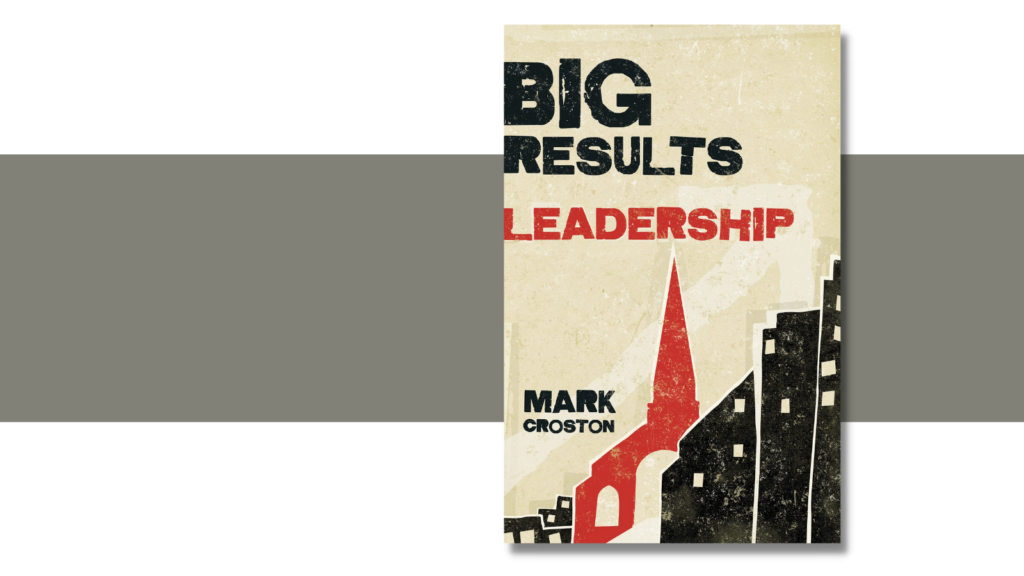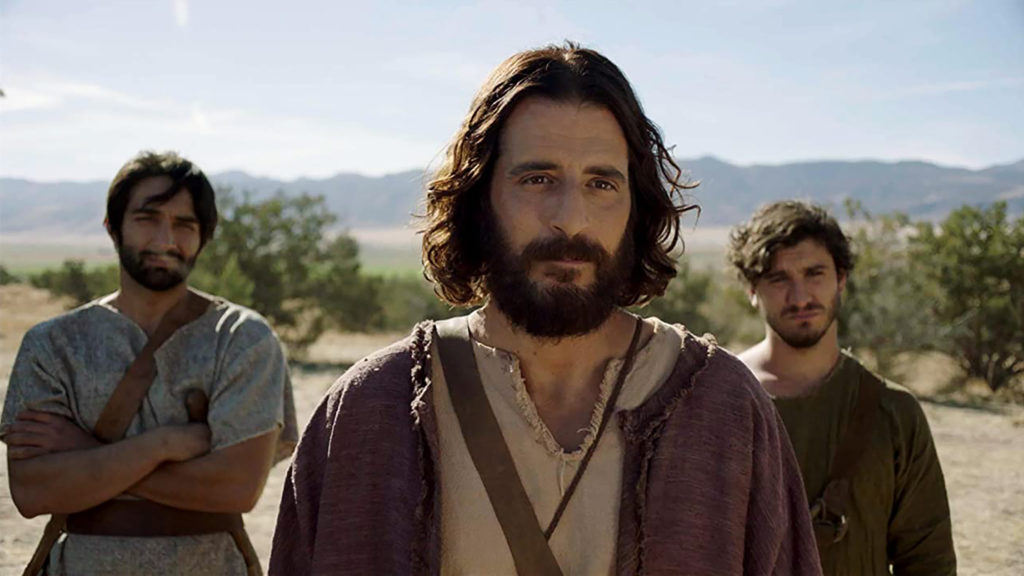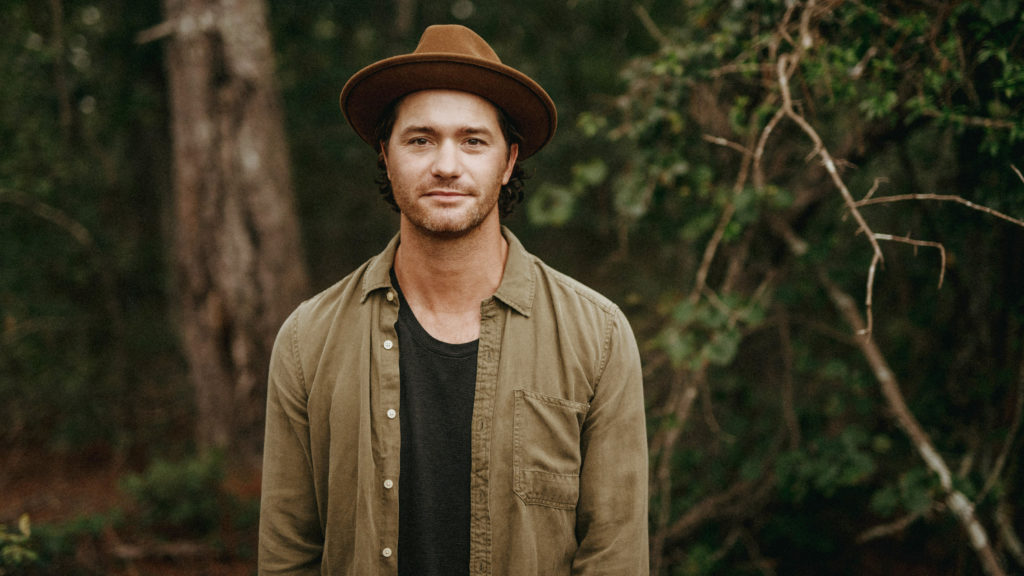“We have 400,000 churches in America. There are 100,000 children waiting to be adopted. The courts have already determined these children are not safe (in their homes of origin), and they’re just sitting in the system waiting for someone to step forward and claim them,” said Rebekah Weigel, writer and producer for the film “Sound of Hope: The Story of Possum Trot.”
“We could so easily clear out the foster system. It’s so doable. Our prayer is that this film ignites the hearts of believers to step out in faith and obedience as (members of) Bennett Chapel did and bring these children into loving families,” Weigel continued.
“Sound of Hope: The Story of Possum Trot” isn’t simply a film that Weigel and her husband, Joshua, wanted to make because it was inspirational or an interesting true story.
They are living it.
Experience
The film is set in Possum Trot, a small working-class Black community in eastern Texas, and is centered around Bennett Chapel, led by Bishop W.C. Martin and First Lady Donna Martin.
In 1996, tragedy in Donna Martin’s life sent her into severe depression and nothing helped, not even her faith in God.

One day she hit her breaking point, and she prayed for God to “take her home.”
God intervened, and Donna found inspiration from God for a new focus: adoption.
Weigel’s own experience with adoption caused her to later cross paths with the Martins. After going through the adoption process herself in 2013, Weigel began to work with churches in Los Angeles, encouraging them to become involved.
In 2016, she heard about Possum Trot and invited W.C. Martin to speak. She saw the power of what happened in Possum Trot and within Bennett Chapel and decided to give up another project to take on a film about this story.
However, it wasn’t an easy story to tell.
“It was definitely a challenging story to wrap our heads around and to tell as a narrative feature film. There were so many characters — 22 families, 77 children — and a long period of time to cover,” Weigel said.
Sharing
Even though they had personal experience with foster care and adoption, their desire to tell the account as authentically as possible led not only to many trips to Possum Trot to hear first-hand accounts, but then to a more drastic change.
“We moved our family from Los Angeles to deep east Texas and started going to church at Bennett Chapel and fellowshipping with them and the community.
“That really helped the story go to a deeper level,” she said.
A hurdle that interviews, fellowship and even moving didn’t overcome was how to make “Sound of Hope” marketable. After all, if no one saw it, no lives could be changed through this powerful story.
“When this project came up and I felt a strong sense that we were supposed to make it, it actually didn’t make sense. It didn’t fit neatly into any genre,” Weigel explained.
She knew it had to show the raw, rough times, including the severe abuse and neglect, rape and even murder that the adoptive children had faced. Faith-based companies didn’t want it.
On the other hand, showing the power of God, church and community kept it from being picked up by Hollywood distribution companies.
Putting it together
Meanwhile, Weigel volunteered at Care Portal, a national Christian nonprofit technology platform where social workers and similar professionals put needs into a portal that alerts a 10-mile radius of churches of the real-time needs of kids and families in crisis.
She decided to go to Care Portal’s CEO.
“He read the script, was really moved and said, ‘I think God’s going to use this film to ignite the movement to end the foster crisis in America. I’m putting everything I have into it. I’ll help you get it funded. We want you to make the film that the Holy Spirit’s calling you to make.’
“So he did,” Weigel said.
As a bonus, because the funding was primarily through donations, they are able to give back most of the profits to help kids and families in crisis.
“What drew me to this story was how they did it together,” Weigel said. “As a foster or adoptive parent, when you’re struggling, it’s hard because not a lot of people understand what you’re going through. It’s easy to feel alone. The more we can all be authentic and accept that we’re weak and need each other, I think we’re going to see a lot more healing happen in the Church and a deeper, stronger community happen as well.
“We’re missing out when we’re not in battle together, doing really hard things together. We’ve saved that for an elite few we think are specially equipped. But it’s when we say yes, step into the battle and do the hard things that God equips us and gives us what we need.
“I have a deep desire to see the Church be the Church of the Bible — where we’re bearing each other’s burdens, we’re helping one another, we’re in each other’s lives. I think we’ve lost some of that. My hope is that not only does this movie eliminate the foster care crisis, but it also inspires people and churches to have deeper and stronger community.”






Share with others: